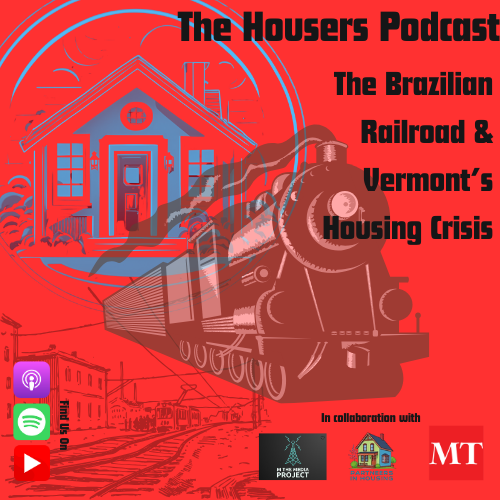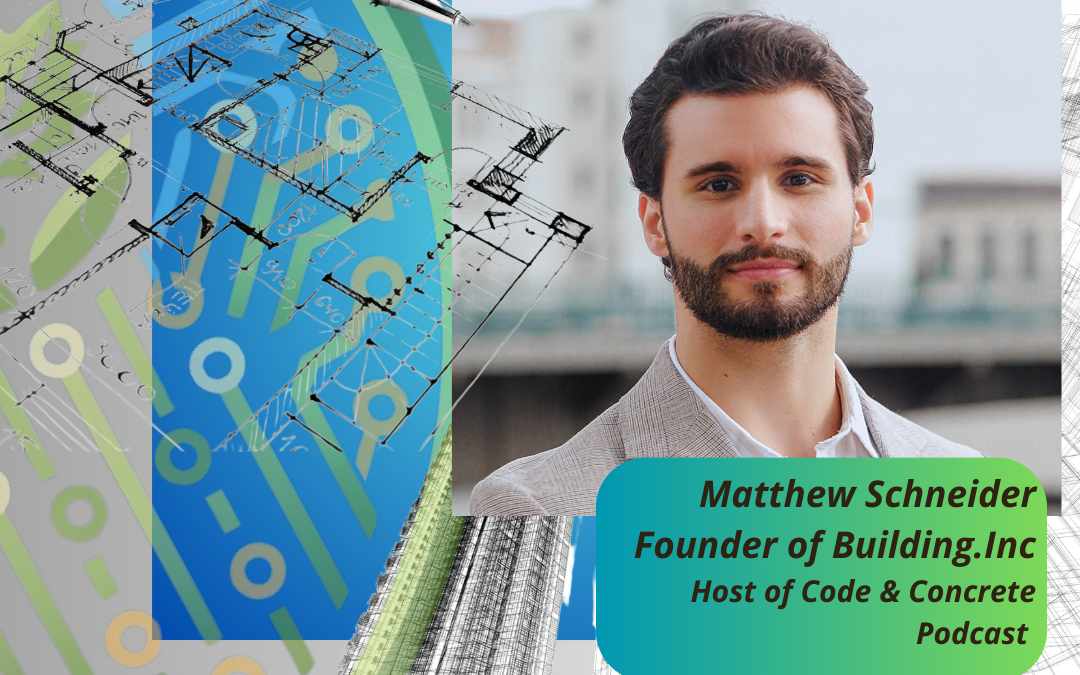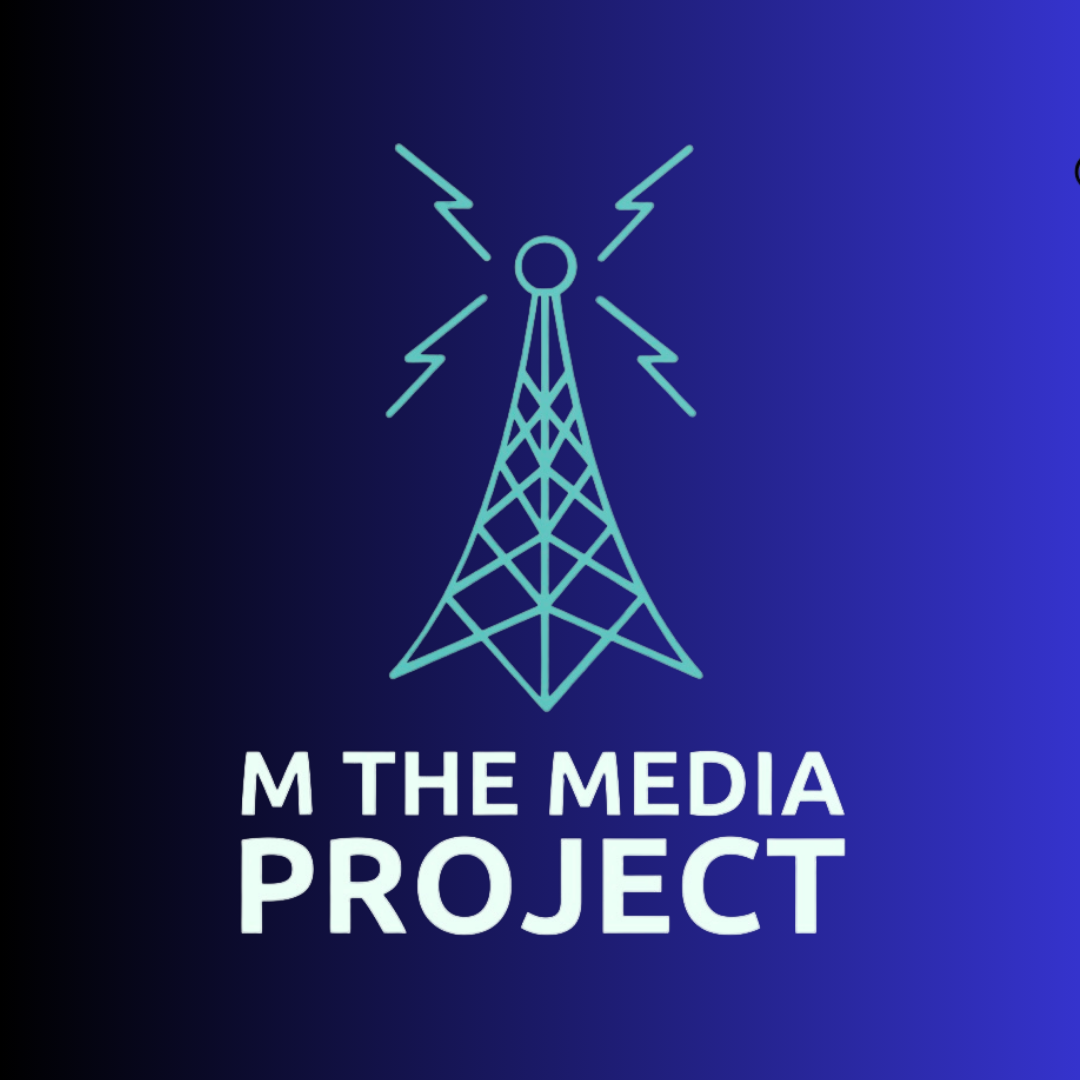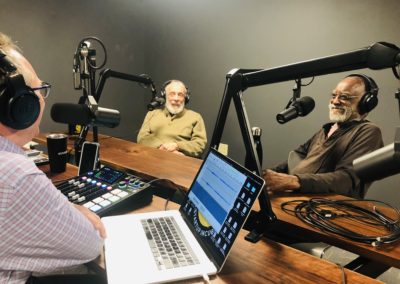Why Is Affordable Housing Unaffordable to Build?

Used by permission of author
Scott M. Graves is Founder of M the Media Project and SMGraves Associates. As contributing writer to M, he writes under the series Essays from An Artist andDemocratic Capitalism. He formerly wrote under the additional series Politics, Done Local.
His work at SMGraves Associates focuses on building value in real property by considering the commercial and social ecosystems that play out within our built environments. Community Development that seeks to build pride in place and create economic opportunity for more citizens of our cities and towns.
I was invigorated by my participation this week in something called the Global Progress Summit at my daughters’ high school here in Rutland VT USA.
I had the chance to discuss the opportunities, challenges and potential solutions to our housing crunch to high school students considering what to do beyond their education.
This got me thinking about the work we’re doing at Partners In Housing and about the toughest parts of having conversations with peers and neighbors regarding housing here in Vermont, but in a larger sense everywhere we’re building and everywhere in the country.
Part of the conversation which I feel is lacking is asking tough questions about why affordable housing is so expensive to build?
I know, I feel it in my bones that one of the reasons we don’t have a serious conversation about this is because nobody wants to critique the work that potentially valuable non -profits are doing all over the country. I can tell you here in Vermont, this is the case. I can also tell you from personal experience that the non-profit development organizations themselves and even in one case in my personal experience a regional chapter of a housing non-profit can be aggressive about defending what they perceive to be their territory over housing choices, funding sources or other key elements of the greater housing ecosystem.
But I want to focus on getting more of our neighbors to ask some serious and introspective questions.
For instance, why when we know we can develop units of housing for say, $70k-$85k per unit, does a capital A affordable housing trust take $400k or $800k or even approaching a million per unit cost?
What is behind this kind of financial ‘stack’ in order to get a project completed?
Let’s look at another question. In my former home city in Massachusetts, we often were told by municipal employees that there were approximately 60-80 units of designated affordable housing lying fallow, even as out of town developers were applying to build additional affordable housing units, all while middle market housing remained at ever increasing need. Why is this so?
I recently participated in a group discussion with a number of regional and county housing organizations alongside private developers in a neighboring state. I was asked to participate.
After sharing a bit on why my firm sees opportunity in their region and on our investment and general strategy, one participant, a non-profit housing leader announced that her agency wouldn’t support our type of middle market project in their communities. She was concerned the segment of young entrepreneurs we’d attract would price out more economically vulnerable members of their community. She failed to consider my argument that more young households paying property taxes through homeownership or as renters of new downtown developments paying taxes and using existing infrastructure would keep property taxes lower for the older citizens she was focused on.
Keep in mind, we didn’t participate in order to seek the permission of anyone or any agency, nor were we there to request funding or other resources or benefits in order to build our project.
In the current climate of de-funding our non -profit sector that is underway by the Trump administration, I can almost forgive this kind of behavior since so many of us are on edge these days. But I’ve experienced these kind of things for years.
Let me be clear from my personal perspective: As a private sector developer, engaged citizen and housing advocate I want to support all private and public efforts around me to build nearly all kinds of housing but especially middle market.
We need to ask ourselves how we came to an environment of perceived scarcity where folks do not collaborate or actively work against the interests of those needing housing and those seeking entrepreneurial opportunity in the housing ecosystem.
As in so many sectors of our business community, housing organizations of various kinds have been pitted one against the other for existence, when there is plenty of space on which to build. Plenty of people requiring housing. Plenty of resources if those resources are designed to be accessible.
Creating scarcity when there is an abundance of opportunity does not benefit our rural cities and towns. It benefits scant few of us, but we should admit someone, somewhere benefits from such a system.
We come to the last question I want us to ask ourselves, WHO benefits from this false scarcity?
Help us answer these and many other questions by joining Partners In Housing. Find us at partnersinhousingvt.com.

Episode 19 Innova802
Bryn Loftness & Burlington VT's Biobe We spoke with Burlington, VT’s Bryn Loftness, Co-Founder and CEO of Biobe. Their startup, currently focused on non-dilutive funding, intends to help one million children by 2030. They provide early detection technology and...

Episode 18 Innova802
Jerry Carter of Burlington, VT's Moody AdvisorsThe latest form the Innova802 Crew brought Jerry Carter, partner in Burlington, VT’s Moody Advisors into the virtual studio this month to talk about the current trends we’re experiencing inside and outside of...

Episode 2 The Housers Podcast
The Four Rules of the Brazilian Railroad.Brazilian Railroad vs. the Vermont Housing Crisis Co-hosts Stephen Box and Scott Graves rattle on regarding the four rules Alexandre Behringused when he took charge and began scripting the critical moves, not all the moves,...

Episode 183 Are We Here Yet?
Founder, Advocate and host of Code & ConcreteAthens, GA is home to Building.Inc and founder Matthew Schneider. Matthew is no stranger to a multi-disciplinary approach to solving some of the toughest challenges for real estate developers and tech leaders alike. ...

Episode 17 Innova802
from Meagan Downey, founder of ShikiWrap.comMeagan Downey is founder of Vermont-based ShikiWrap.com, a successful and maturing startup providing reusable gift wrap and bags, combining a consumer product with a mission-driven strategy. This experience coupled with...

Interested in advertising with us? Perhaps you want a unique way to support the economic development work we accomplish while getting access to our intelligent and informed listeners? Join our roster of supporters. Click that button below to find out more.
Get In Touch
Phone: 978-884-6596
General Inquiry
"*" indicates required fields
© 2026 SM Graves Associates • Website Designed and Developed by inConcert Web Solutions • Site Map





